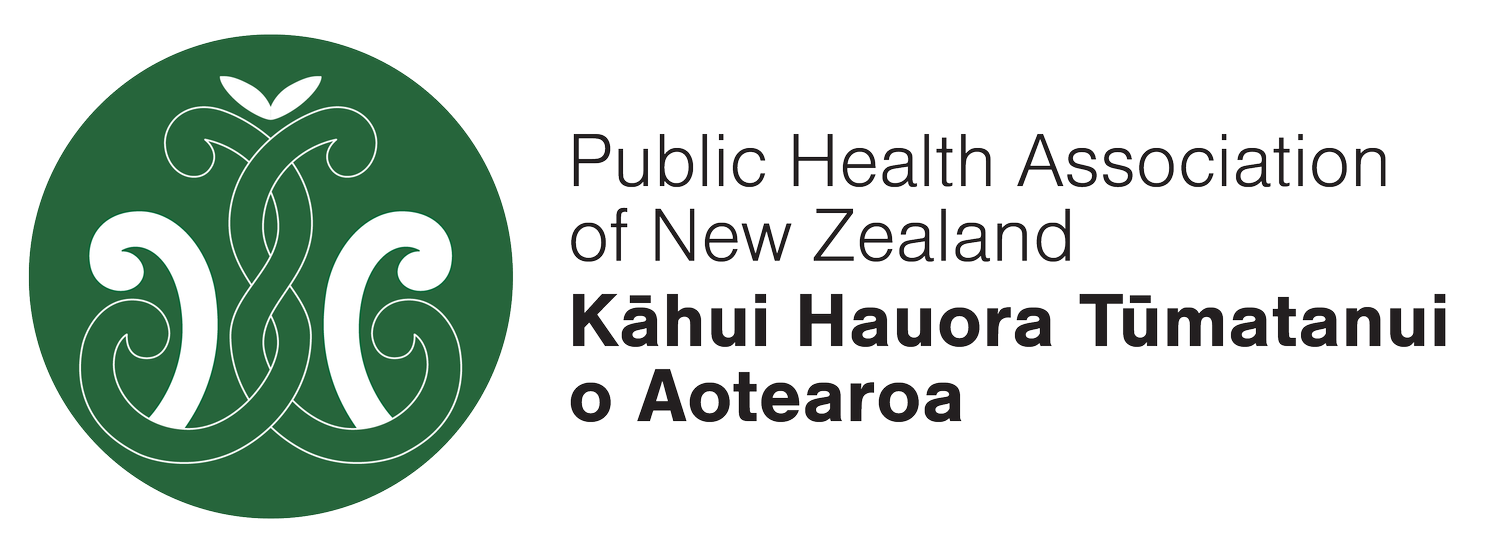THINK PIECE - ASIAN HEALTH IN AOTEAROA 2024
Alarming Rise in Obesity and Key Health Disparities Revealed
Author: JP Dr. Ramil Adhikari
The Asian Health in Aotearoa 2024 report, based on data from the New Zealand Health Survey spanning from 2002 to 2021, has revealed concerning trends in the health of Asian communities in New Zealand. One of the most worrying findings is the doubling of obesity rates within the Asian population over the last 20 years. In 2002-03, 26% of Asian adults in New Zealand were obese, but by 2019-21, this figure had risen to 53%. This significant increase in obesity is linked to higher rates of related health conditions such as diabetes, hypertension, and high cholesterol.
The report also highlights positive trends, including lower smoking and alcohol consumption rates among Asian communities. However, it also sheds light on troubling issues such as inadequate nutrition, insufficient physical activity, and higher rates of discrimination. Asian adults were found to be less likely to register with primary healthcare providers and were less physically active compared to other ethnic groups, including Māori and Pasifika.
The report emphasises the importance of targeted interventions, such as the South Asian Diet and Activity Intervention, which have proven effective in promoting healthier lifestyles. Tailored approaches like this intervention have shown that South Asian migrants were more likely to increase vegetable intake and physical activity when provided with culturally specific health information.
Professor Robert Scragg, a co-author of the report, stresses the urgent need for action to reverse the rising obesity trends to prevent further strain on New Zealand's health system. Additionally, Scragg highlights the inequities in healthcare spending, where the Asian community's contributions are not proportionately reflected in government healthcare funding. This underscores the need for increased research efforts and policy adjustments to improve health outcomes for New Zealand’s Asian communities.


